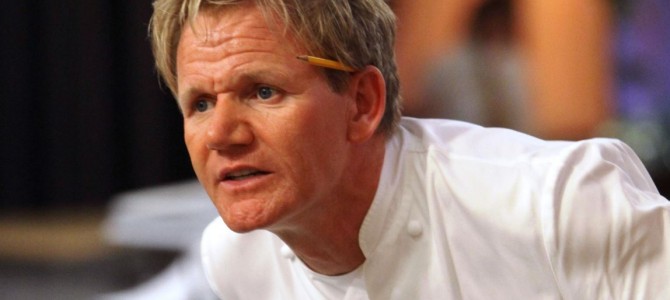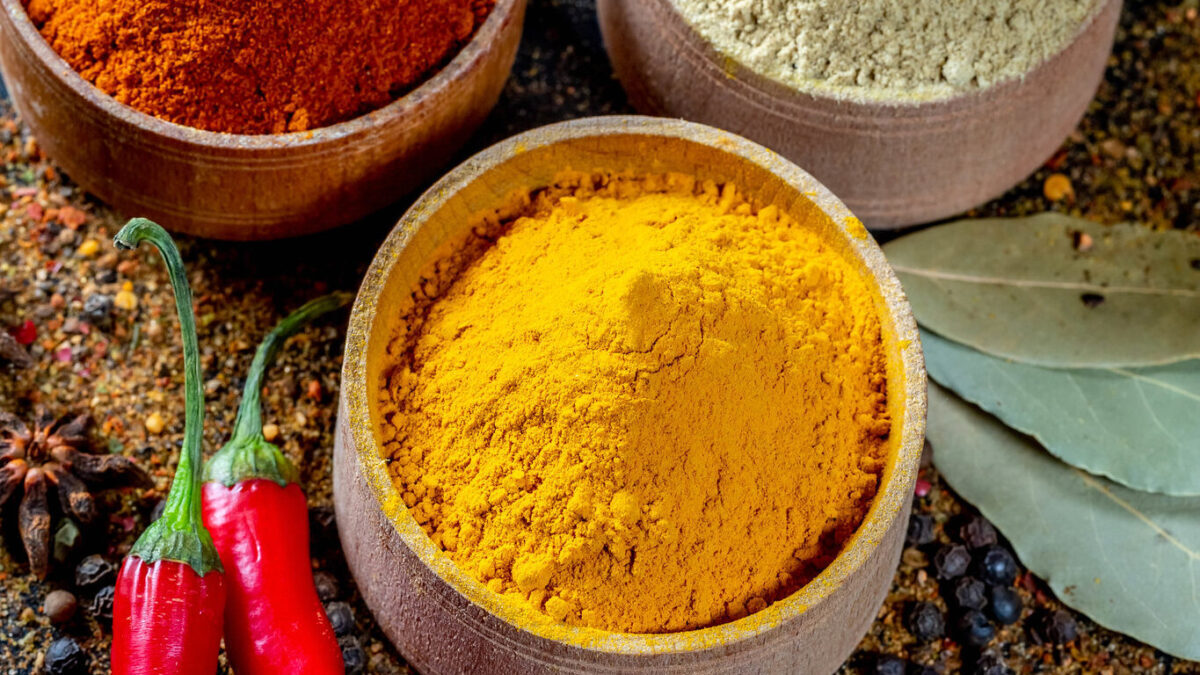
In “Burnt,” which stars Bradley Cooper and was released this past weekend, you hear “Oui, chef!” repeatedly in the film’s fictitious London kitchen. Cooper’s character, egotistical maniac chef Adam Jones, barks orders at his staff, and they fall in line, chirping an enthusiastic “Oui, chef!” no matter how rude he is.
This is meant to create a dramatic environment for telling the story of a chef who cares about nothing other than Michelin-awarded stars. I waited patiently for the real story to be told, that no matter how talented a head chef, he is nothing without his team, from dishwasher, to host, to sommelier, to sous chef.
Unfortunately for me, and for the rest of those employed in the world of fine dining, this story was not told. Jones remained god-like throughout the film, with little redemption and zero glory for his colleagues. The character Cooper portrayed is also mysteriously regarded as one of the world’s best chefs, yet has no idea what sous vide is (a fairly basic process introduced more than 40 years ago).
Fortunately for me, as a lover of comedy, he seemed to understand the technique soundly enough by the climax of the film to attempt to sous vide his own head in a drunken rage. It was unintentional humor at its very best. In reality, that we watch things like this tells us much more about ourselves than about cooking like the “greats.”
Celebrity Chefs Don’t Cook Much
I worked in a famous three-Michelin-starred Manhattan restaurant with a celebrity chef, and in fact, we did say “Oui, chef.” But not just to the chef. We said it to everyone who worked there. It was our boss’s way of leveling the playing field. Every cog in the machine was important, he thought. That lack of ego makes this level of international acclaim possible.
While the general public is coaxed to believe the opposite by careful media packaging, few celebrity chefs are even in their respective kitchens on a regular basis. A lot of chefs have TV deals, book tours, and other self-promoting obligations that keep them from cooking food in their establishments. This means that the people that they hire and train become integral to their continued success and highly regarded reputation.
Just like in Hollywood, only a small percentage of people who cook professionally will ever become celebrities, and often it has nothing to do with raw talent or work ethic. It’s about marketability. I’ve worked with a few chefs who spent almost as much time with a publicist creating an image as they did on their mostly forgettable cuisine. The shows are more about feeding our need for drama than about genuinely promoting the craft and culture of hospitality.
The Dichotomy Between Celebrity and Reality
Modern culture is obsessed with celebrities and image, so right now the fancy food business is at the forefront of pop culture. This public hunger for celebrity chefs has generated many high-pressure competition shows, the most eyebrow-raising for me being “MasterChef Junior.” This series, entering its fourth season this Friday, features contestants between the ages of eight and thirteen competing for the title of MasterChef Junior and a $100,000 cash prize. Featuring the same line-up of judges as “MasterChef,” the junior version awards us the opportunity to hear Gordon Ramsay light up a room full of children the same way he delighted us by tearing down loser restaurant owners in “Kitchen Nightmares.”
Isn’t it wonderful that in this modern age of streaming, at any time we can have a blond, angry British chef yelling at people on our screen? It makes you feel good because you’re not that person he’s yelling at, someone else is—someone else’s child.
The problem with “chef-testant” reality TV is that it paints an entirely inaccurate picture of what a career in restaurants would actually be like. Believe it or not, head chefs do not earn their jobs and titles by competing against other chefs with clever ingredients and a limited amount of time in front a panel of sporadically appropriate judges (Jewel? Really?). They typically work their rear ends off for years as line cooks, earning less than what they need to live on, hoping that their 15-hour days will eventually translate into a promotion, and only after years of consistency and a hyper work ethic will they one day be lucky enough to receive the top job.
Let’s Be More Realistic
Even if one is able to accomplish all of these things, only so much glory is available. There are so many former “Top Chef” contestants they flood the restaurant job market. Being on a TV show is no guarantee of a career as a chef, or even work as a chef. When you sign a TV contract, you give the producers of that show the right to portray you however they want, and they don’t care about your future after the show. I’ve known a few people who have competed on “Top Chef” and are shocked by the versions of their careers and personalities created in the editing room. Even for celebrities, self-immolation is necessary to win the approval of the crowds.
I’m don’t want to smush the dreams of all aspiring chefs, but they should have realistic expectations, and it would be better if audiences did, too. It’s a really hard job that will probably never pay well. Ego-driven chef monsters rarely succeed, let alone become celebrities.
But with talent, patience, practice, and humility, one might just be able to cook his way onto a good team that really holds quality and hospitality to an enviable standard. In our own kitchens, the rest of us can follow suit on a smaller scale, becoming creators ourselves instead of just consumers. That would help take the silliness out of these shows and introduce something real and good into our lives.









